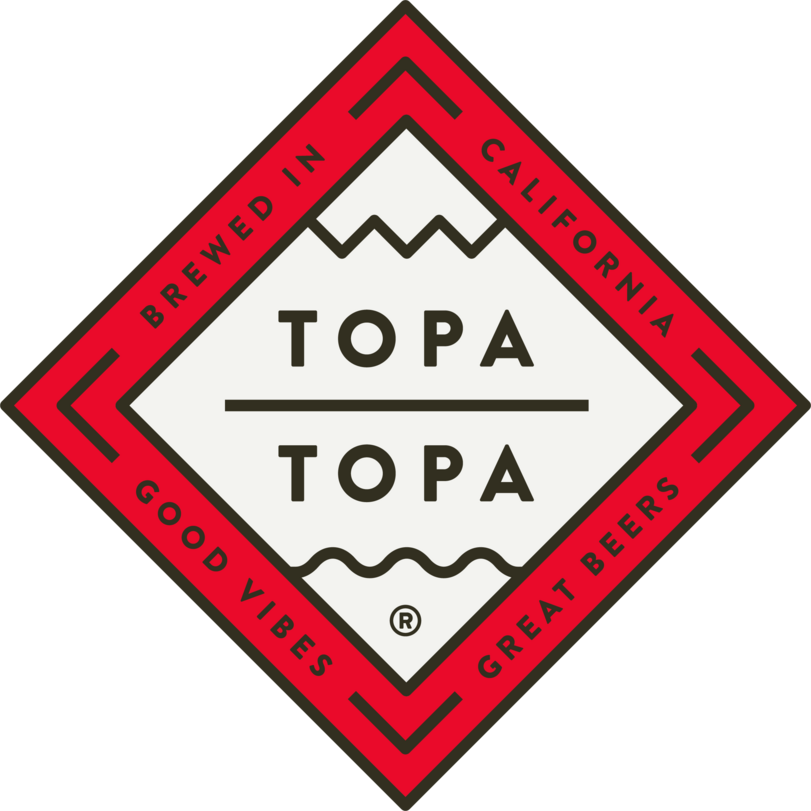Where Will Joyful Ventures Deploy New $23M Fund?

A new $23 million VC fund is seeking scalable, early-stage, sustainable protein-focused startups to back.
Launched by Joyful Ventures, the fund is specifically looking to invest in plant-based, precision fermentation, mycoproteins, molecular agriculture, and cultivated technologies and will focus primarily on B2B businesses that have the ability to deploy multiple revenue streams and support the growing infrastructure needs of the category.
“We believe that this industry has matured and now reached its next era of investment opportunity,” said Jennifer Stojkovic, general partner at Joyful. “Significant breakthroughs in innovation and opportunities to build the ‘picks and shovels’ of the space have paved the way for a new era of startups. We believe it is critical to find and support founders and companies through these early stages, especially those who are underfunded and underrepresented, during these difficult economic times.”
Joyful has already locked in its first two investments: cultivated meat maker Orbillion Bio and plant-based seafood company New School Foods, the latter of which announced the close of a $12 million round earlier this year.
The woman and LGBTQIA+-led fund is being guided into that next era by some industry heavyweights. In addition to Stojkovic, who is also the founder of the the Vegan Women Summit (VWS) and author of “The Future of Food is Female,” the firm’s leadership team includes Milo Runkle, founder of both New Crop Capital and The Good Food Institute; and Blaine Vess, a serial entrepreneur and investor who is the co-founder of non-alcoholic wine brand, Semblance. The firm was launched in 2022 and all three founders serve as general partners.
The Los Angeles-based firm also boasts an experienced slate of advisors including Miyoko Schinner (founder of Miyoko’s Creamery), Bjorn Oste (co-founder of Oatly), Arturo Elizondo (co-founder and CEO of The EVERY Company) and Michael Pellman-Rowland (impact expert at Baseline Wealth Management), among many others.
Rather than simply looking for the next billion dollar brand, Joyful’s fund is looking to approach the segment of sustainable protein “holistically.” As the sector has matured, Stojkovic said future growth should focus on cost, taste and the nutrition profile of end products to drive more mainstream adoption and in turn, create long-term market opportunity.
“While there are over 100 companies focused on making meat right now, there aren’t 100 companies focused on making the bioreactors that the meat goes into,” said Stojkovic. “We want to make sure that we’re setting up the infrastructure… What is the best way to do that? B2B infrastructure that is scalable and sustainable – infrastructure that reduces not just the carbon footprint of producing foods but the water footprint of them as well.”
In addition to infrastructure, Joyful’s assessment will examine team experience, quality of ingredients, and water and carbon footprint with all potential investments. Stojkovic cited the current job market, and layoffs within the alt-protein sector, as a positive for this next era of startups who will have “a massive pool of experienced talent” to choose from.
“We’re focused on really talking to the founders who pitch us,” she said. “We want to get to know them better, so that we can make a strategic investment from day one that not only provides them with capital, but also helps them get more integrated into the larger food and beverage space. Since we are connected to people who are in the meat, dairy, and egg industry, we are able to make sure that our portfolio companies are best set up for success by connecting them to the big food conglomerates.”
As an example, Stojkovic pointed to Cargill, which will help Joyful’s portfolio companies develop strong partnerships with the meat company and other existing leaders in the space to better prepare them for an exit. But Stojkovic does not intend to cash in quick returns, noting that the M&A market has “cooled” at the moment. Long term, the 10-year fund will expect exits and consolidation, she said, but presently, it is aiming to have “really honest” conversations with its founders from the start about where they expect their company will go.
“We’re seeing a lot of companies that are now over a decade old in plant-based space that did not have that strong exit plan in mind when they began… It’s been a huge challenge since they did not tee themselves up to get acquired or to go public,” Stojkovic said.
“Food was not always a venture-backed industry, and so we need to identify who is actually venture-backable with massive growth potential, versus being a fantastic SMB,” she continued. “That’s one of the biggest mistakes that VCs in this industry have made: they saw Beyond Meat grow exponentially and then a ton of copycat companies came into the space without any venture-bankable potential.”

















